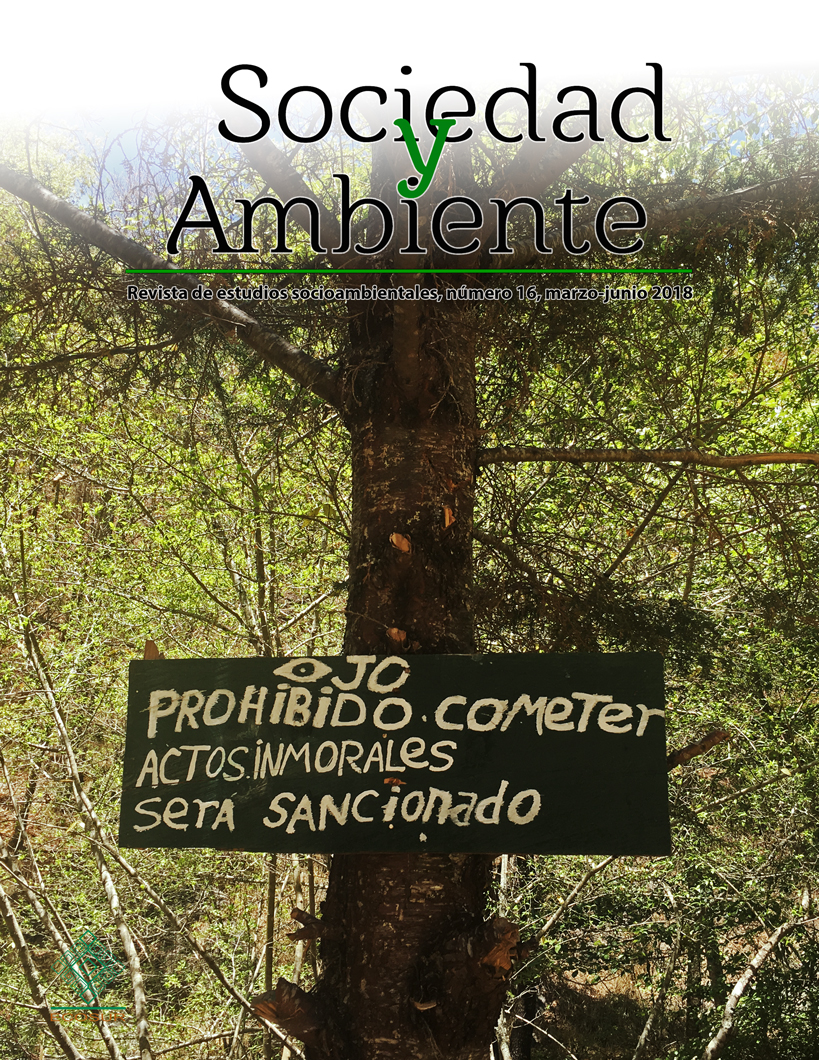Abstract
This paper presents an analysis of the socioenvironmental vulnerability of a Mennonite group in southern Mexico, based on the relationship between social and agricultural organization systems. It focuses on understanding the logic of community reproduction and the challenges of the environment. At the methodological level, the model of resource access is critically examined to determine the potential risks of a peasant scheme. Thus, the sociocultural structure is characterized as the productive Mennonite system in the Salamanca ejido in Quintana Roo. The contributions of this paper are based on the documentary review, but mainly on field research with anthropological tools as the basis of the study of ethnicity in a particular territorial context and development. Specialists have barely studied this widely distributed population with recent settlements on the southern border. The results reveal the determinants of the current productive and family framework; and the sociopolitical and intercultural tensions of a pattern of subsistence that is reaching its limits despite the enormous historical transformations of the Mennonites in their itinerant experience throughout the world.

Sociedad y Ambiente by ECOSUR is licensed under a Creative Commons Reconocimiento-NoComercial-SinObraDerivada 2.5 México License


